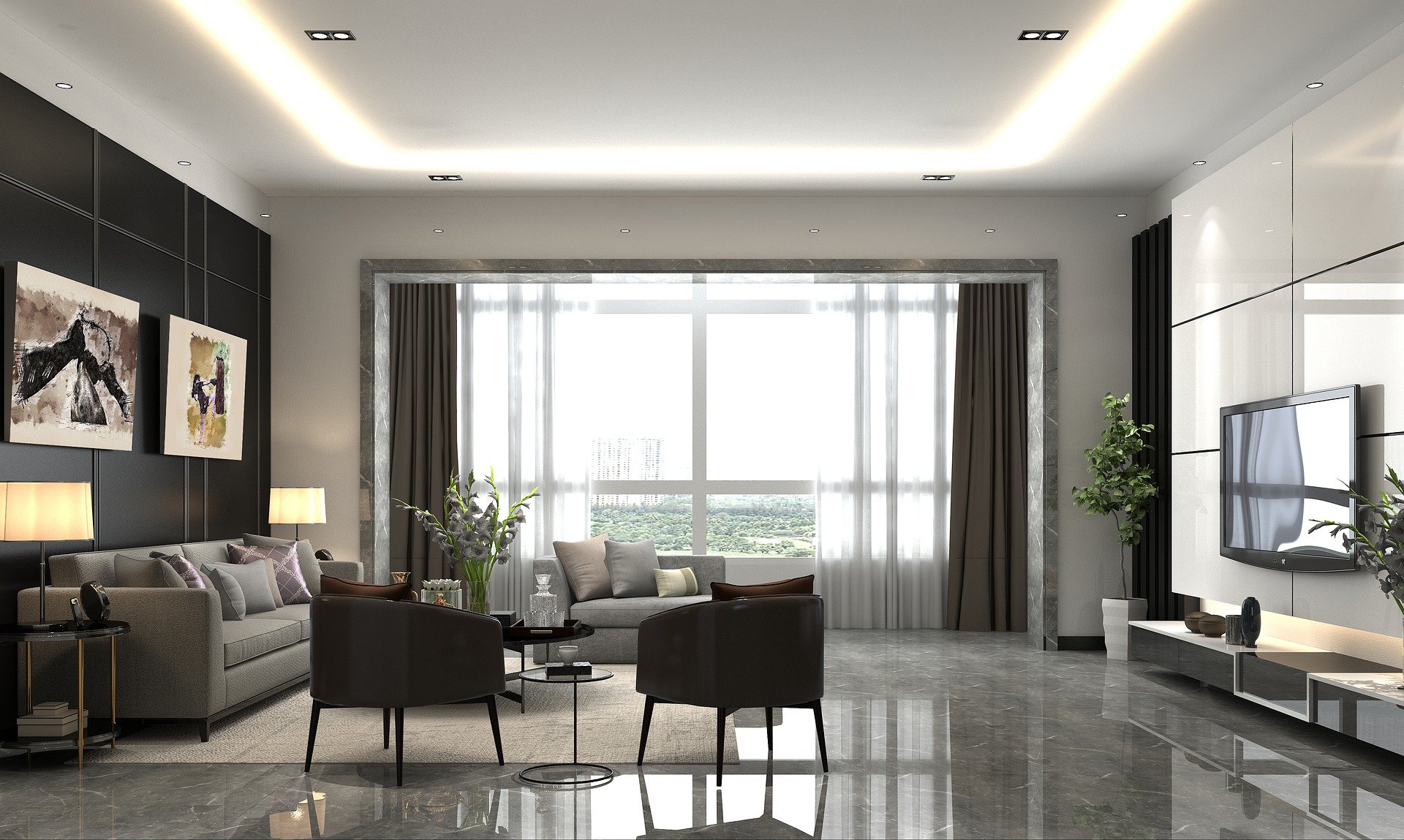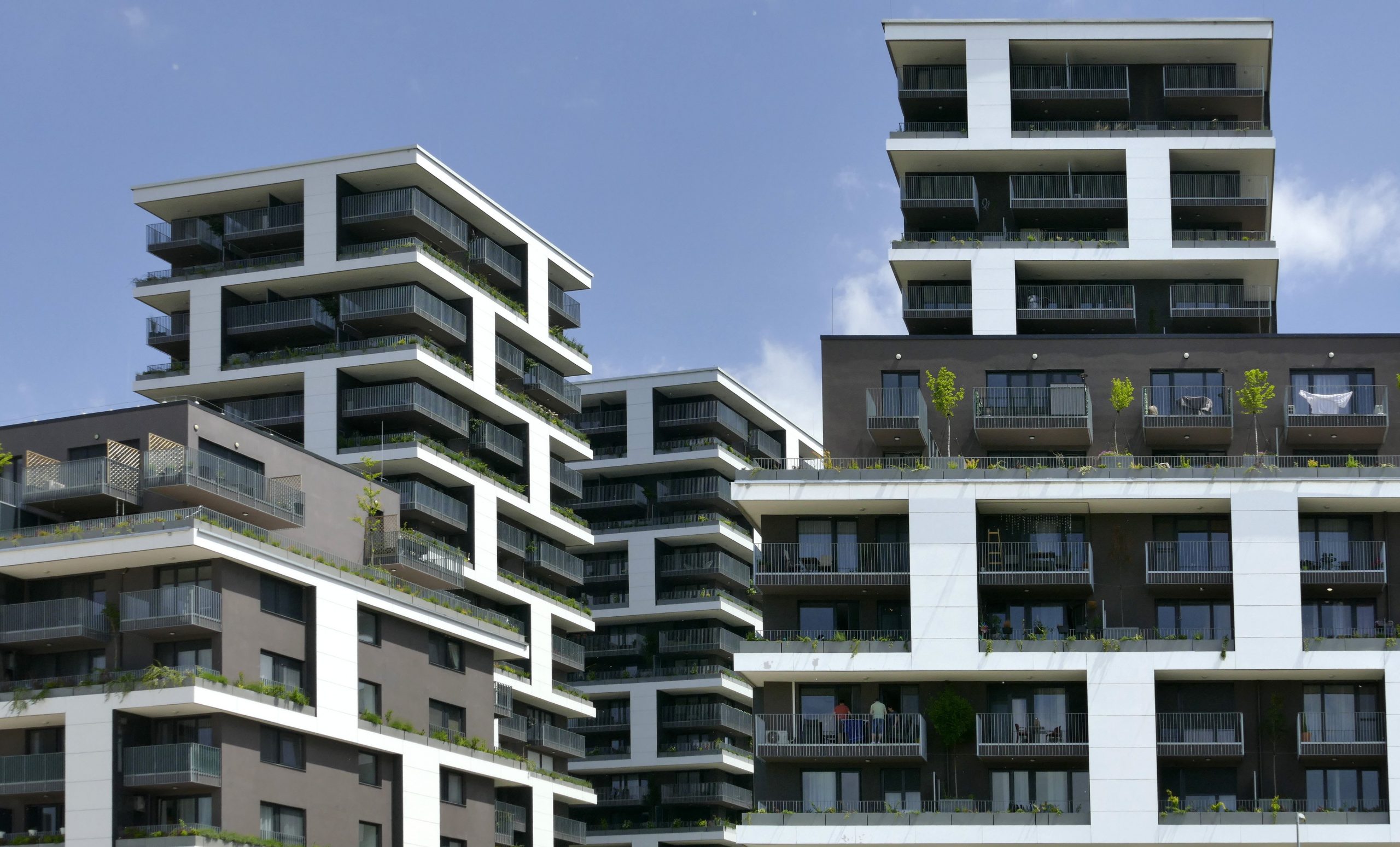
According to the online real estate agency ingatlan.com, the most expensive apartments are located in St. Stephen's Square in Budapest's 5th district.Continue reading

Since 2013, the prices per square meter of new apartments in Budapest have doubled, so that they are already higher than those in Warsaw, Bratislava, or Zagreb. On average, Hungarians have to pay 35 percent of their annual income for one square meter.
This article was originally published on our sister-site, Ungarn Heute.
Within the region, the Hungarian capital, together with Prague, has recorded the fastest growth in housing prices in the period of 2013-2021, with square meter prices doubling in both cities. Although inflation was somewhat dampened at the end of 2019 as a result of the pandemic and the temporary increase in VAT (from 5 to 27 percent), prices are expected to rise again in 2021 as a result of tax incentives and the economic upturn.
If we compare housing prices with the net income of the population, we can see that prices have also become more expensive in comparison with net salaries. While people earned 32 percent more in the period studied, housing prices increased by 124 percent, which amounts to a quotient of 1.7 for Hungary. There is a higher value only in Germany (1.78); in the other countries, the average is 1.43.
However, if one observes the current purchasing power in the region, the Czech capital performs much worse than Budapest. While one can buy a square meter in the Hungarian capital and in Vienna from 35 percent of their annual income, in Prague one has to pay 58 percent of their annual salary for it.
Featured image via Csaba Jászai/MTVA